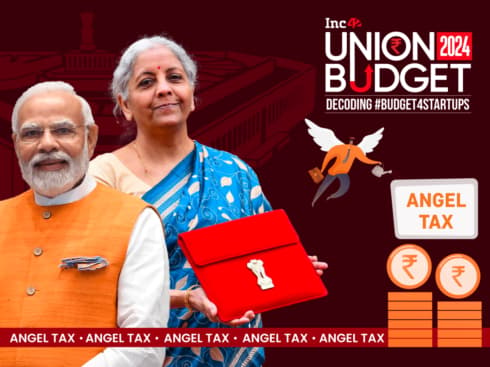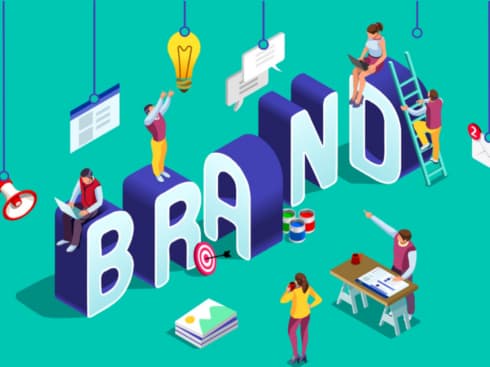
Automation and an increased role of artificial intelligence are other vital elements that will become central to shaping effective B2B marketing trends moving forward
Businesses will focus on digital medium at the forefront of all marketing strategies
Embracing digital transformation in 2021 will transform the business landscape in the post-pandemic era
The unprecedented pandemic that swept the world in the year 2020 brought about sweeping changes to multiple facets of our lives. The way we buy and sell is one element of our lives that has changed dramatically this year – and for good. However, it is not just the final consumers whose buying decisions have been impacted by the pandemic. If you are a company that sells its products or services to other businesses, you would know how the B2B marketing trends for 2021 are going to evolve, post the setback through this watershed year.
As conventional outbound marketing takes a backseat, a greater acceleration towards a predominantly digital sales and marketing strategy has been evident, which would be reflected in the digital marketing trends for 2021. There has been a need for achieving better differentiation and segmentation of product offerings through effective content marketing, account-based marketing and useful market research, which together will reinvigorate the marketing trends for 2021. Automation and an increased role of artificial intelligence are other vital elements that will become central to shaping effective B2B marketing trends moving forward.
To be fair, B2B marketing had already been on an evolutionary path in this direction even before the pandemic accelerated the shift. Over the past decade, B2B selling has progressively acquired new dimensions, evolving from simple product selling to an overarching agenda that includes telling an engaging story, achieving the right positioning, differentiating yourself in the market, customer retention and customized strategies.
In no way are these elements novel or experimental. However, the Covid-19 pandemic has served to hasten their mainstreaming into B2B strategies of organizations.
As we hop on to a new calendar, here are a few B2B marketing strategies that will help you gain greater currency in 2021.
Digital First Policy
Digital marketing has already gained currency over the past few years and increasingly organizations have been allotting significant budgets to this aspect. However, the year gone by has put the digital medium at the forefront of all marketing strategies. A CMO Survey conducted in mid-2020 in the US found that not only were marketing strategists transforming their strategies to focus on digital opportunities, customers were also actively looking for new digital offerings and were placing increased value on digital experiences.
So, we are looking ahead at an enhanced digital centered business marketing strategy going into 2021 as much for the B2B space as for B2C space. A greater shift towards enhancing the digital experience through engaging video content, webinars, content marketing and social media engagement is going to happen going forward. Essentially, it will lead to greater specialization of domains within the digital marketing spectrum and increased role of dedicated specialists in the field.
Account-Based Marketing Will Be Key
The traditional outbound marketing strategies including trade shows, cold calling and advertising do help in reaching out to a large number of potential customers but marketers are increasingly realizing that these strategies manage to convert only a few leads into buyers. Customer expectation has evolved over time and greater personalization and customization of marketing strategies are essential to be able to convert the leads.
In a nutshell, rather than targeting all potential customers without paying heed to their individual requirements, marketers today need to know individual customers and tailor their outreach strategies according to their needs and expectations. This is what account-based marketing is all about – research and segregate your customers and market your product to only those who matter by creating a focused growth strategy.
A study conducted in 2019 among B2B marketers concluded that as many as 71% of companies that invested in account-based marketing reported a higher ROI as compared to conventional marketing strategies. No wonder ABM is emerging as the preferred marketing strategy for B2B companies.
Video Content Continues To Gain Precedence
Video content continues to play a key role in shaping customer opinions and decisions. Why else would organizations spend a fortune in creating engaging TV ads? However, the role of video content is not limited to B2C sales strategies. Evidence is growing that effectively created video content that creates an engaging story through visuals has a lasting impact on B2B customers as well. In a 2018 study by LinkedIn in the UK and Ireland, as many as 62% of B2B marketers rated video content as their preferred choice, putting it ahead of other formats such as email and infographics.
Increasing Demand For Dedicated Content Marketing Specialists
Gone are the days when marketing interns and newcomers would be assigned the job of content creation and dissemination. Devising an effective content marketing strategy has today become critical to a successful B2B marketing program, and this trend is engineering a greater demand for dedicated and experienced content marketing specialists.
Make no mistake, content marketing is not just about sending bulk emails and updating social media posts depicting insights about your products. Content marketing is a specialized domain today that involved effective market research, an in-depth understanding of your customers and an ability to device cutting edge campaigns that have a far-reaching impact. Going ahead, we will witness a clearly rising demand for dedicated content marketing specialists.
The Increasing Role Of AI
Much like in every other field, Artificial Intelligence will continue to make inroads in B2B marketing as well. AI serves to automate a series of tasks including engaging visitors through chatbots, create data-driven content and scale up your content outreach strategy. However, it is in data analysis that AI is expected to play the most prominent role. Making sense of the enormous data available with organizations can help them put their customers in a better perspective and enable them to make better decisions suitable to their needs. This surge is likely to continue.
Conclusion
With the new year approaching, the uncertainty of the pandemic will continue to surround us, though with the evolution of the above trends we are hopeful of a sustained growth & recovery on the way to the new normal. Embracing digital transformation in 2021 will transform the business landscape in the post-pandemic era & will turn the tides in the favour of the B2B marketers. Overall, 2021 is going to be the year when businesses will need to invest in architecting a full-fledged omnichannel digital presence.































 Ad-lite browsing experience
Ad-lite browsing experience